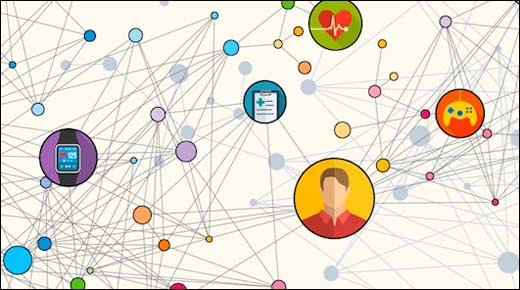People have touted the potential of big data and computation in medicine for what feels like decades, promising more effective and personalized treatments, new research discoveries, and smarter clinical predictions. But only recently have these technologies made it to the clinic, where they can actually improve patient care.
At University of Chicago Medicine, several collaborations between physicians, researchers, and computational experts have produced such pioneering applications, from the pathology lab to the critical-care wards.
|
ADVERTISEMENT |
A recent feature in Medicine on the Midway, the UChicago Medicine alumni magazine, offers a tour of these local innovations, spotlighting several Computation Institute (CI) researchers and partnerships along the way. Science Life recently ran the feature as a five-part series, and we’ve broken out the CI contributions to each installment. Read about how agent-based modeling, predictive analytics, high-performance computing, and other computational and data-science efforts are already helping cure disease and improve patient health.
…

Add new comment